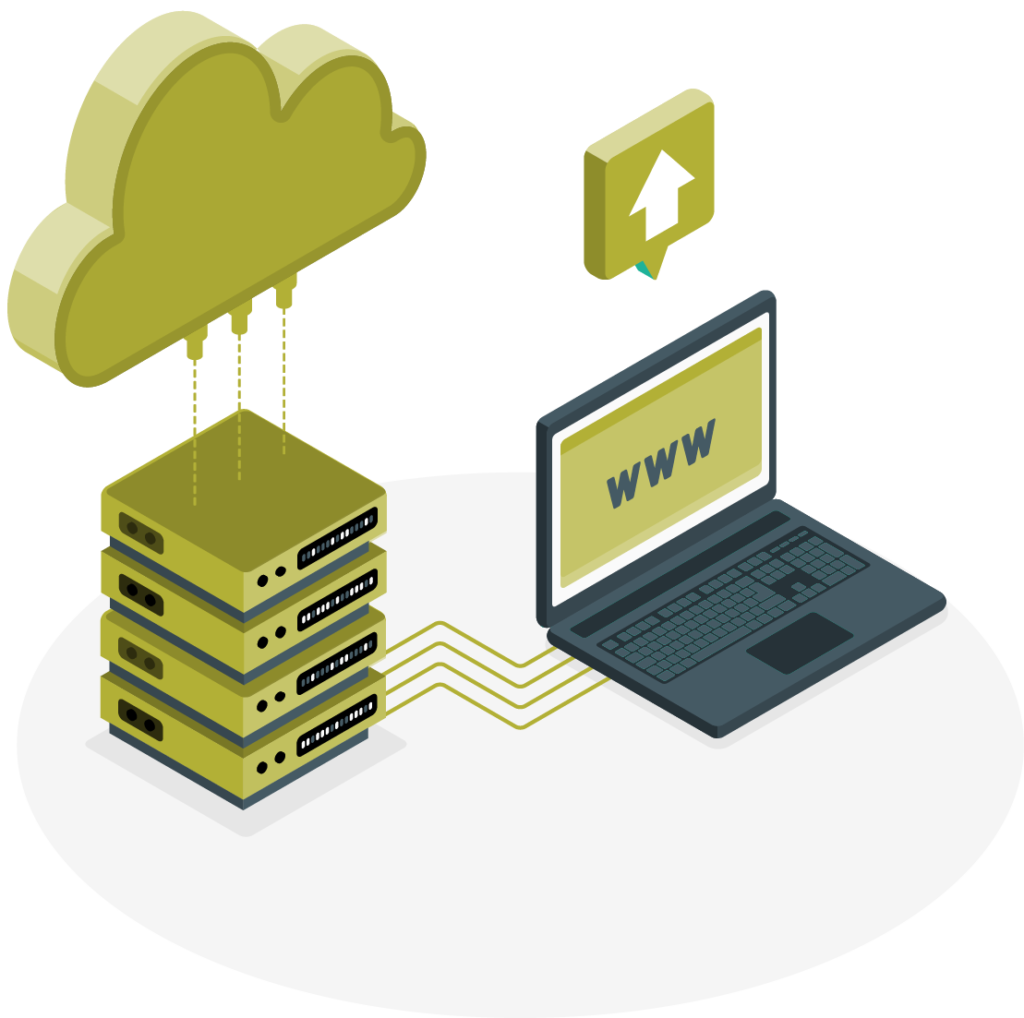DNS Security

What is DNS (Domain Name System) Security?
DNS filtering is a common way of filtering web traffic to protect users from phishing attacks, malware distribution sites, or other potentially damaging internet activity on a corporate network. DNS security is the practice of protecting DNS infrastructure from cyberattacks in order to keep it performing quickly and reliably. An effective DNS security strategy incorporates a number of overlapping defenses, including establishing redundant DNS servers, applying security protocols like DNSSEC, and requiring rigorous DNS logging.
DNS servers are vulnerable to a broad spectrum of attacks, including spoofing, amplification, DoS (Denial of Service), or the interception of private personal information. And since DNS is an integral part of most Internet requests, it can be a prime target for attacks.
DNS attacks are frequently deployed in conjunction with other cyberattacks to distract security teams from the true target. therefore, an organization needs to be able to quickly mitigate DNS attacks.
Challenges of DNS (Domain Name System) Cyber Security?
- Typosquatting
- DDoS
- Amplification + Reflection Attack
- Domain Hijacking and Redirection
Generic Attacks Against DNS Service such as Network floods and software vulnerability.
- Attacks Against Authoritative Servers such as Reconnaissance, Unauthorized Update, Subdomain Attack.
Attacks Against Recursive Servers. such as Cache Poisoning, NXDOMAIN and Phantom Domain.
- Data Exfiltration and Tunneling

ANALYSABL's DNS Security Services
How can Analysabl help you with your DNS Security?
- DNS layer security
- Prevent zero-day attacks
- Detect dead site requests
- Positive security model
- Filter based SIEM integration.
- Security Gap Assessment
- Protect your remote workers
- Pre & Post Infection Protection
